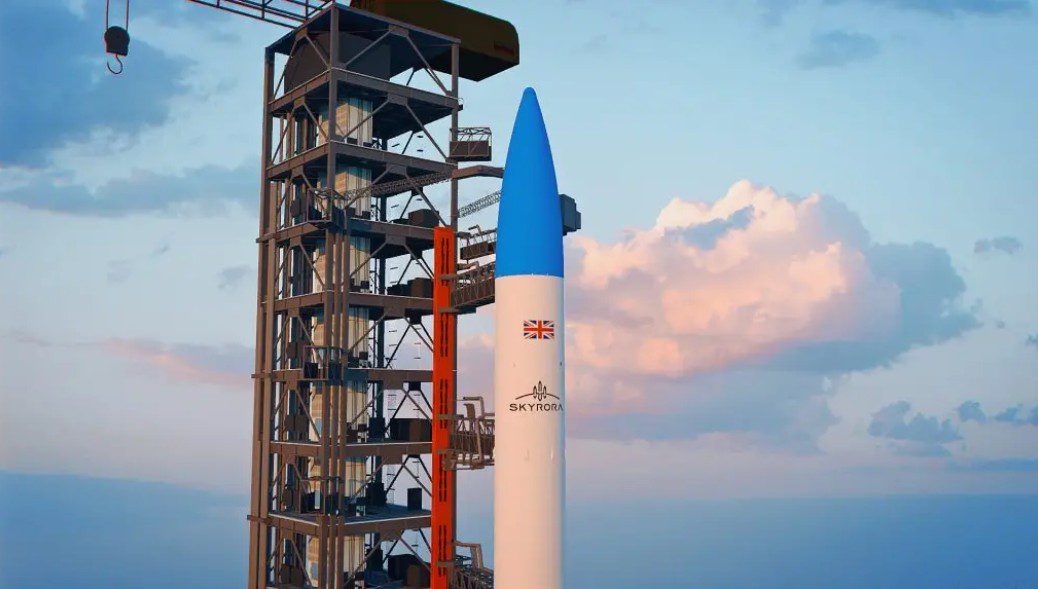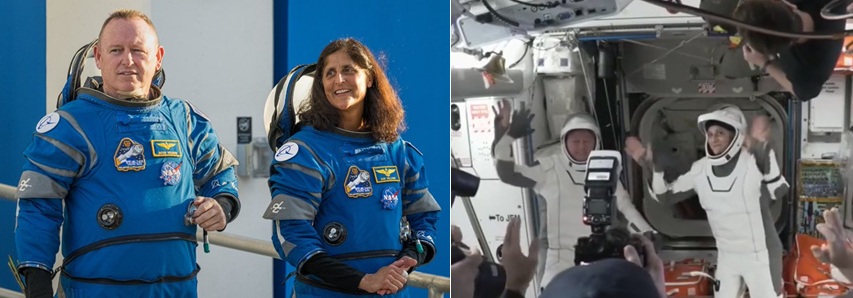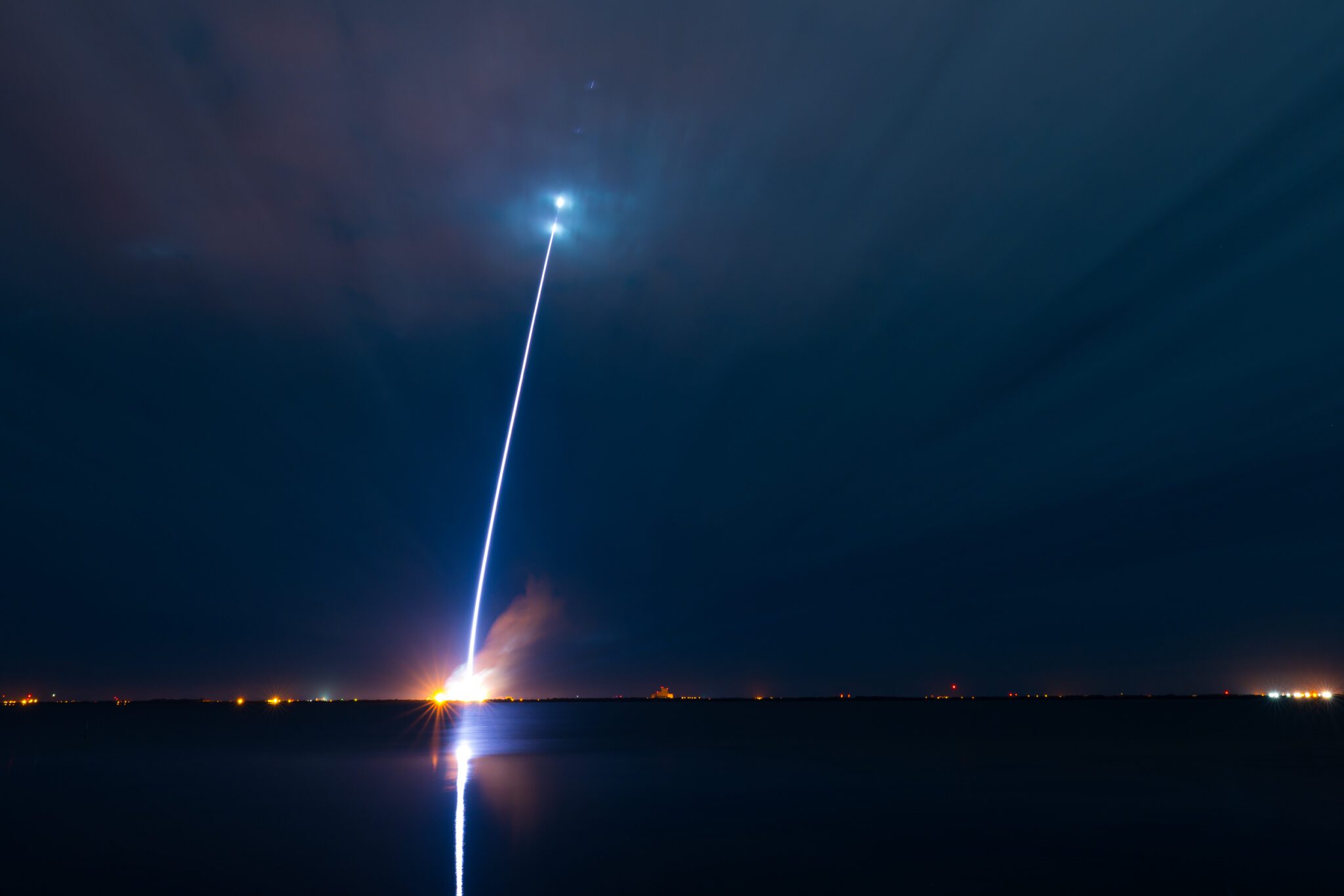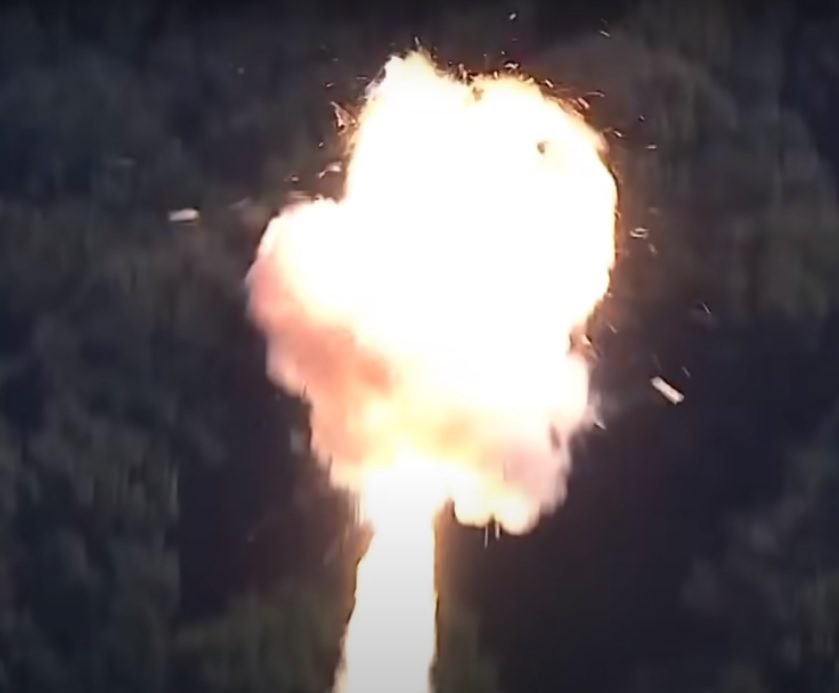President Barack Obama has signed a law that, for most countries, takes US-made satellite technology and information off the list defining it as a munition subject to draconian International Traffic in Arms Regulations (ITAR) that control the export and import of defense-related articles and information.This long awaited move has been welcomed by US space companies who have complained for several years that their efforts at making space exports had been hobbled by ITAR.
This security policy reversal is not the first time that the US has had to make when an over reaction proved to be counterpoductive to US interests.In fact, the United States of America has a record of both “under reacting” and then over reacting over security issues, before finally settling on a sensible middle course.
Too lax then too strict: overdoing the airport misery after 9/11
In the wake of the admittedly terrible 9/11 terrorist attacks in 2001, U.S. Airport security was tightened. While many were grateful that this previously weak security system had finallly been reformed, and accepted as necessary the new tiresome security checks, what was harder to swallow was the change in behavour of US security officials. From being friendly but a tad over relaxed, overnight they turned themselves (possibly under orders) into ultrarstrict, rude and self important monsters, often showing downright unpleasantness to travellers. Of course, the result of this unapologetic and rude behaviour was to turn off foreign travellers from coming to America. And as so many travellers including those from USA’s traditional allies, subsequentlly decided to stay away and soon their “tourist” dollars started to dry up.
Of course it was only a matter of time before it was realised in government that this behaviour was counterproductive to US interests andt soon US airport security guys and girls orderd to attend charm schools to rectify their newly acquired politeness deficit. Security would remain tight of course, but it would be done in a friendly and respectful way (as UK security men and women had done for years). It is glad to report that US airports, customss and immigration, are not the unpleasant places they used to be, and this reform has at least put the welcome back into America.
We note this example as it is reminiscent of what has happened with the space industry’s experience with ITAR regulation. For those new to space business, the subject of ITAR has been rumbling since the 1990s.
Too lax and then too strict: overreaction as ITAR restrictions hit US industry
US Export restrictions have long existed to prevent potential enemies of USA benefiting from a transfer of restricted technology specifically related to military applications. There was outcry however when US space firms were discovered to have beem helping the Chinese to fix their faulty launch vehicle guidance systems after two Chinese Long March rocket failures in fhe mid-1990s. The concern in the US Department of Defense (DoD) was that such a technology could also be used on long range ballistic missiles.
Then came the over-reaction from the US government. Instead of restricting just the technology related to rocket guidance, in 1999 new definitions designated virtually all space technology and space technical information as “munitions” which would be subject to the strictest ITAR regulation which covered, not just the usual suspects, but all foreign countries including NATO allies.
The result was that foreign firms found it hard to obtain information on items or space hardware – ranging from full spacecraft to components – which often required long and complicated licensing procedures, Likewise, such US-built satellites and components were banned from flying on Chinese launch vehicles. Even personel from space agencies and insurance companies were affected, finding that they had to be licenced in a cumbersome and long winded procedure by the US State Department in order to see ITAR-restricted information on US built space hardware.
Such were the difficulties encountered by firms trying to purchase US space hardware that many satellite operators turned to European firms instead to supply their hardware. Even then there were difficulties as some of these European-built satellites had subsystems which were US supplied.To allow their satellites to fly on Chinese launch vehicles, Thales Alenia Space even started offering a line of ITAR-free spacecraft.
The net result of these draconian restrictions on space hardware and space technical inforamtion was that US lost market share in commercial space. In total, US Space manufacturers were estimated by the Aerospace Industries Assocation to have lost circa $21 billion in sales during the ten years after the new space ITAR restrictions had been applied.
ITAR foolishness: nothing can get out or in and arrest those NASA shop staff as well!
Of course there were also some comedic moments as a result of the ITAR regime. For example, European rocket engineers found themselves effectively disbarred from demonstrating their technology to US firms on the grounds that the US counterparts might give accidently something away to them. In other words, not only was ITAR preventing technolgy secrets getting out, it was actually preventing them getting in!. Meanwhile, more bizarrely, NASA’s Kennedy Space Center’s Visitor Center accidently found iself in technical breach of ITAR when it was dicovered that it had been selling Saturn V blueprints in its tourist shop.
Publically available Saturn V drawing probably in breech of ITAR. Courtesy (indirectly): NASA
ITAR’s counterproductive results: Obama to the rescue but it is be too little, too late
Despite all this, apart from some minor tinkering with who actually monitored the restictions (moved from the the US DoD to the US State Department) such was the fear of the militarily and economically resurgent China along with North Korea, Iran, Syria etc that US politicians remained reluctant to relax ITAR restrictions on space technology even though they could see the economic damage that it was doing.
Eventually, the Obama administration, saw sense (albeit slowly) and has now decided to remove most of the restrictions on satellite communications and earth observation technology at least to allied nations. Interestingly, they have continued to prohibit space technology and information from reaching China along with the Democratic People’s Republic of Korea, Iran, Cuba, Syria and Sudan.
Perhaps, America’s space exporters will recover from this damaging and counterproductive exercise the futuilty of which, was that with ITAR restrictions in place, other nations including China, Japan and Russia, had to develop their own expertise in spacecraft with technology which now sometimes actually beats US systems in commercial competition. So this still limited relaxation might be a case of “too little, too late” anyway, no matter how polite US firms are about it.






